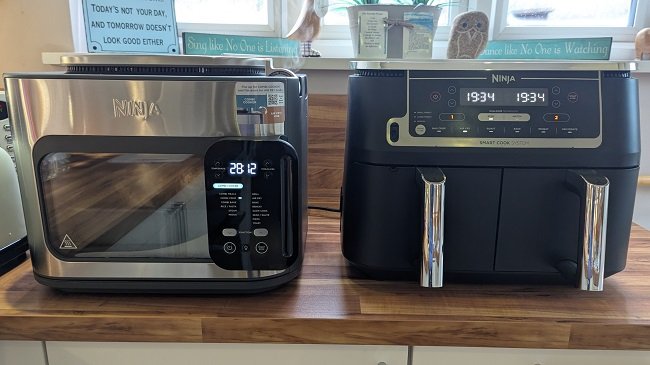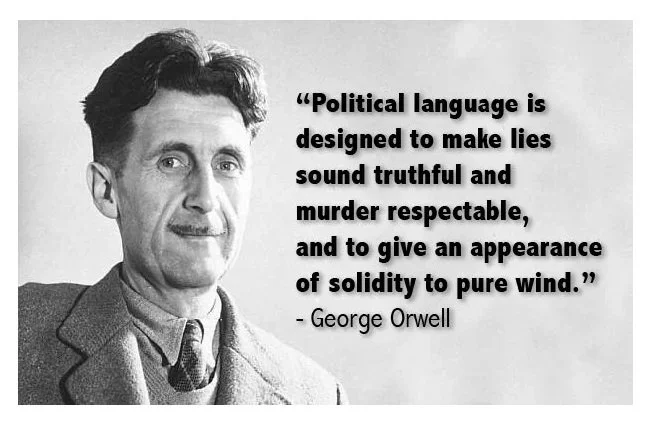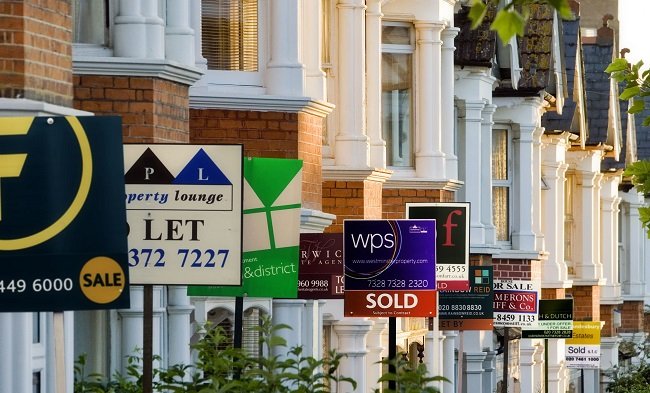Adulthood
A simple visual metaphor
When I was a child I often dreamt about the “wonders” of the “grown up” world. I would muse upon this while in bed, peeved by the fact that the adults were now indulging in some magnificent activity that was beyond my comprehension and that I was excluded from. What exactly did adults do during the time I was at school or asleep? It was obvious there were gaps in my knowledge and in my naivety, I had the most fanciful speculations. Life for a child in the UK during the seventies was a very regimented process. School dominated the day. This was followed by a short period of “freedom” upon returning home, a meal, homework, some TV and then bed. Furthermore you were constantly reminded by adults to be content being a child. “You don’t want to grow up too quickly” I was told on many occasions. Apparently this part of my life was the best bit. So I rolled with the situation and got on with my childhood. Yet the adult world was still there, like something on the horizon that was always out of reach. Hence my nocturnal flights of fancy.
Five decades later the reality of adult life is abundantly clear to me as I have followed my parents down a similar path of employment, marriage and raising a family. I realise now that while I was a child in bed, my parents were not having a “fantastic adventure”. They were simply sitting exhausted, watching something on TV, trying to catch a few minutes respite from the rigours of their busy lives. I understand this now because I have done the very same myself. At some point in my midteens I suddenly realised that I wasn’t going to be ushered into a secret “adults club” upon becoming 18, where I would be given the “adults guidebook to life”. I realised that my parents were just “winging it”. Buying a home, getting a mortgage and enrolling your children in school were all things that they had to address as they came up. Cooking, cleaning and running a home were also skills learnt on the fly.
A Dickensian Treadmill
Being a grown up is essentially a combination of routine, obligation and managed stress, punctuated with brief moments of joy. I cannot emphasise the latter enough. I fear that modern society far too often pedals the myth to teenagers that adulthood is all about fun, enjoyment and doing the stuff that you want. Social media compounds this misconception further, fooling people into thinking that the staged managed and curated images they see are what adulthood is really like. The reality is that for most people, life as an adult is not a continuous cavalcade of fun but a functional and repetitive process, dominated by work. Perhaps the most beneficial thing that an adult can have in their life is stability. A stable job that you know inside out makes the working day more manageable. Less stress at work often leads to less stress at home. Stress is the societal blight of this century.
Another defining aspect of adulthood is embracing, or at least accepting, the concept of personal responsibility. When you move out of the family home for the first time, you suddenly realise that it’s down to you to ensure there’s food on the table and that you pay your rent or mortgage each month. Clothes don’t magically wash and iron themselves. The recycling doesn’t teleport itself to the curb awaiting collection. If you don’t do these arbitrary tasks, then there are consequences. Some may be minor inconveniences. Others such as failure to pay your utility bills or taxes will leave you seriously at risk of sanction. But all of these things are framed as “boring” or a “drag” if you’ll pardon my sixties hip-speak. People all too often want the pleasures and freedoms of adult life but without the baggage that goes with it such as responsibility and accountability.
A Victorian family photo
However, I don’t believe it is all doom and gloom. Modern adulthood is not the same as it used to be. My parents lived in a society that was very formal and rigidly structured. There were three stages to life. Childhood, middle-age and old age. The notion of a teenager was yet to be constructed by the advertising industry. Each age group had its own modes of behaviour and even dress. I look at pictures of UK society during the seventies and people often appear to look older than they actually were. Plus doing something “inappropriate for your age” was a common criticism. Once you became an adult you were expected to put away “childish things”. Comics were replaced by reading “the classics”. Romance and relationships were indulged for a short window of time then you were expected to settle down and put such things behind you. Old age was for gardening, voluntary work and awaiting death.
Nowadays such rigid social conventions have faded. The way one dresses, behaves and what social activities you pursue are no longer defined within strict age based parameters. There’s still ageism but it’s nowhere near as bad as it used to be. No people embrace new hobbies and pastimes in old age, seek new relationships and even have families. You can still indulge the same interests from your childhood into adult life. Maybe this is why I am comfortable being an adult. Unlike my parents, I am doing it slightly on my own terms. I certainly don’t envy the young, especially teenagers. They are growing up in a rapidly changing and less stable world. Oh and before I go, let’s lay to rest that awful phrase “adulting”. Being an adult isn’t a mode that you turn on and off. It is a personal epiphany, an acceptance of a social contract and the adopting of a philosophical lifestyle. Either you are or you aren’t an adult. Biological maturity and society’s chosen age of majority are not the same thing.




























